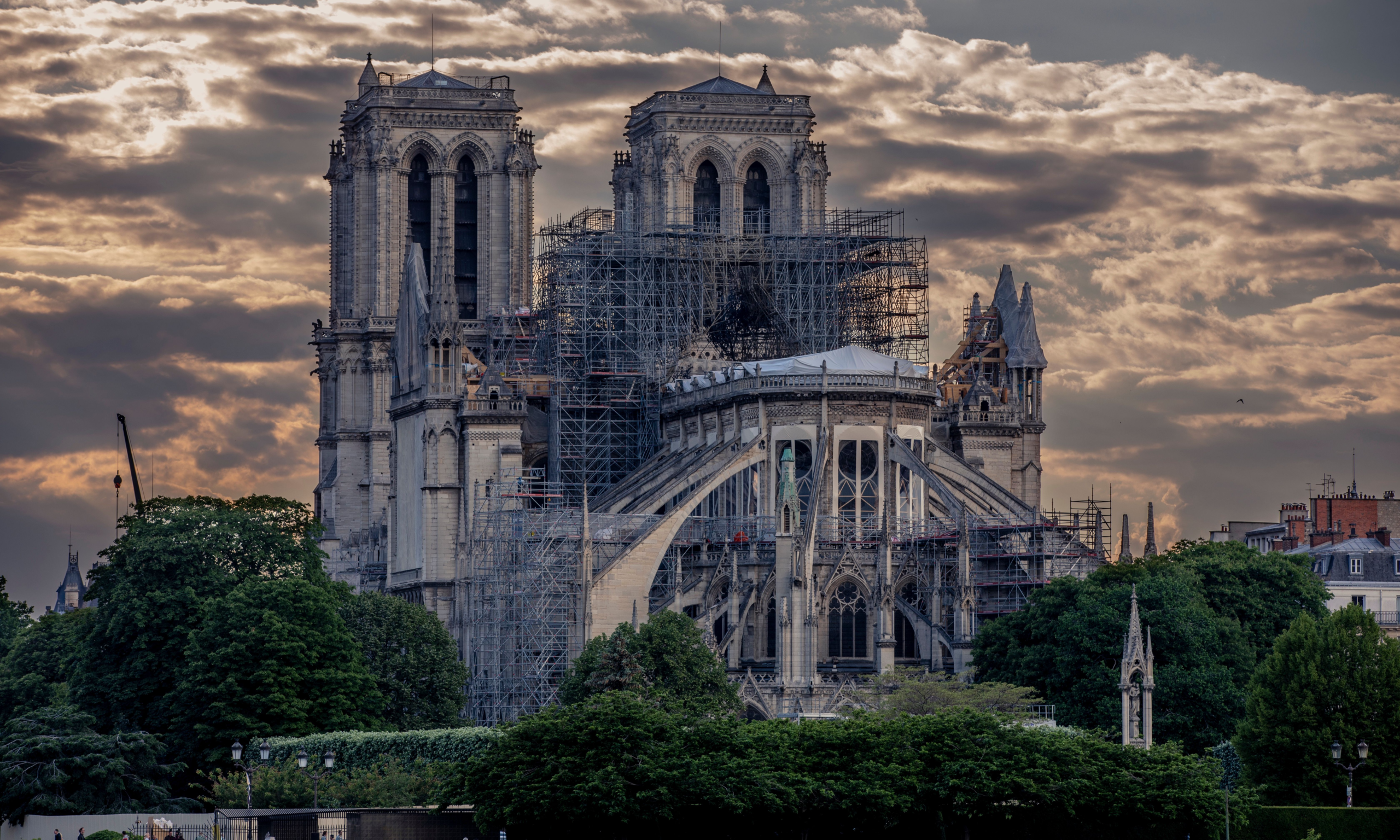Notre-Dame is due to reopen in December following extensive restoration work to remedy to catastrophic damaged caused by a 2019 fire
Photo: JEROME LABOUYRIE
The French culture minister Rachida Dati has stirred controversy and confusion by proposing an entry fee for visitors to Notre-Dame de Paris once the cathedral reopens in December.
In an interview with Le Figaro, Dati said she believes a €5 fee could raise €75m in revenue each year. “This would save all the churches in Paris and France,” she said. She received the support of the home minister, Bruno Retailleau—who has drawn attention for his hardline views on immigration—in a separate interview.
The €75m figure is based on the prediction that there will be 15 million visitors to Notre-Dame next year, which was hit by a catastrophic fire in April 2019 and is reopening following significant restoration work. This figure marks a small increase on the 12-14 million people reported to have visited a year before the fire.
The issue, however, is that the measure to implement an entrance fee would be potentially unlawful, under the sacrosanct 1905 law on the separation of the state and churches. While, under the law, the churches transferred ownership of their buildings to the state, it stipulates that they must stay “open to the public” with “no charges or dues”.
Dati had to backpedal when the Paris diocese issued a statement recalling the “unchanged position of the Catholic Church of France on the free entry of all churches”. In a post on X, the minister said: “Masses and religious services should remain free of course, but each cultural visitor should contribute to the preservation of our heritage.”
The clerics replied that “services and visits are held together” and it would be impossible to “separate religious followers from visitors”. Furthermore, they said, this discrimination “would deprive them of the communion between everyone, which is the essence of our mission and the place”.
Eric Turquin, prominent art dealer who is also a Catholic, disagrees. Describing queuing for three hours to enter Notre-Dame with his son, he says to The Art Newspaper: “I do not understand why it would be impossible to guide worshippers to a chapel or a crypt, and ask for a contribution from the tourists, as is the case elsewhere in Europe.”
While Dati’s department was largely protected from cuts in France’s recent annual budget for 2025, the scale of the task to protect France’s religious buildings is clear: its 40,000 churches are mostly managed by small towns, and 5,000 are considered in poor condition, with more than 1,300 in peril.
Yet Alexandre Gady, an architecture historian and author of a book on Notre-Dame, said in an interview with France Info that charging for entry to the cathedral is “a very bad idea”, and that “not only is it unrealistic, it also represents a philosophical break with cultural democratisation”. Instead, he suggested a small increase in the tourist tax paid by visitors for each night’s stay in a hotel or other accommodation, which could be dedicated to the protection of cultural heritage.

